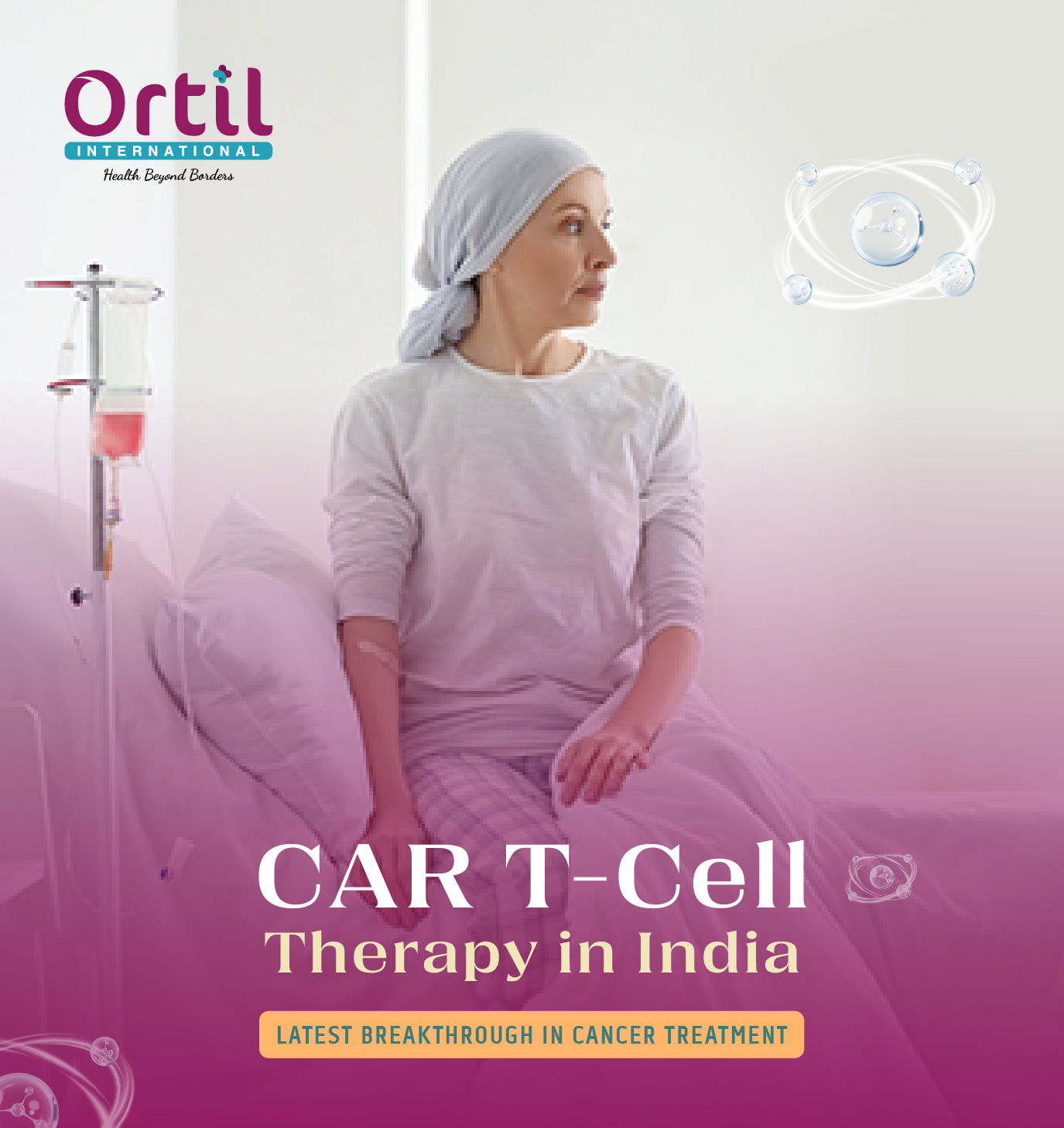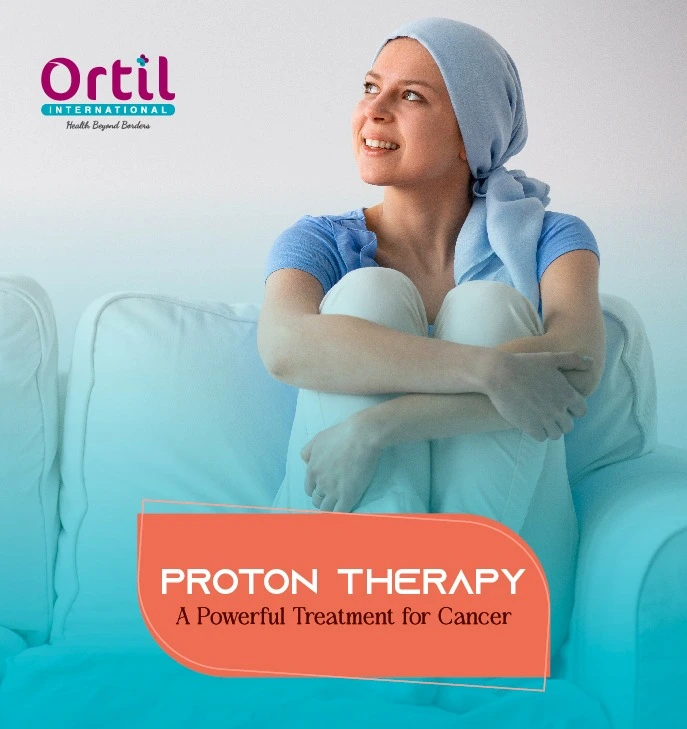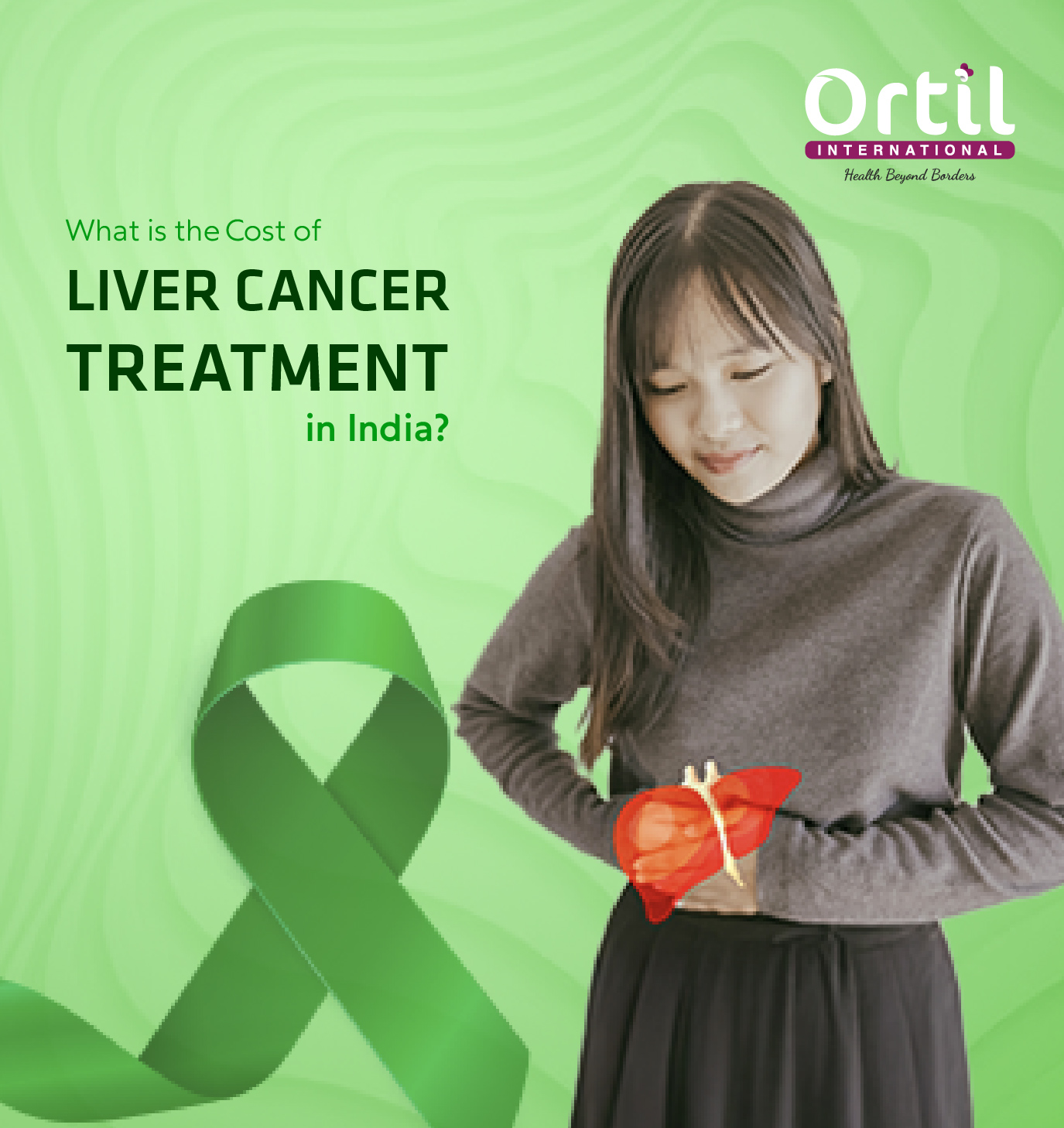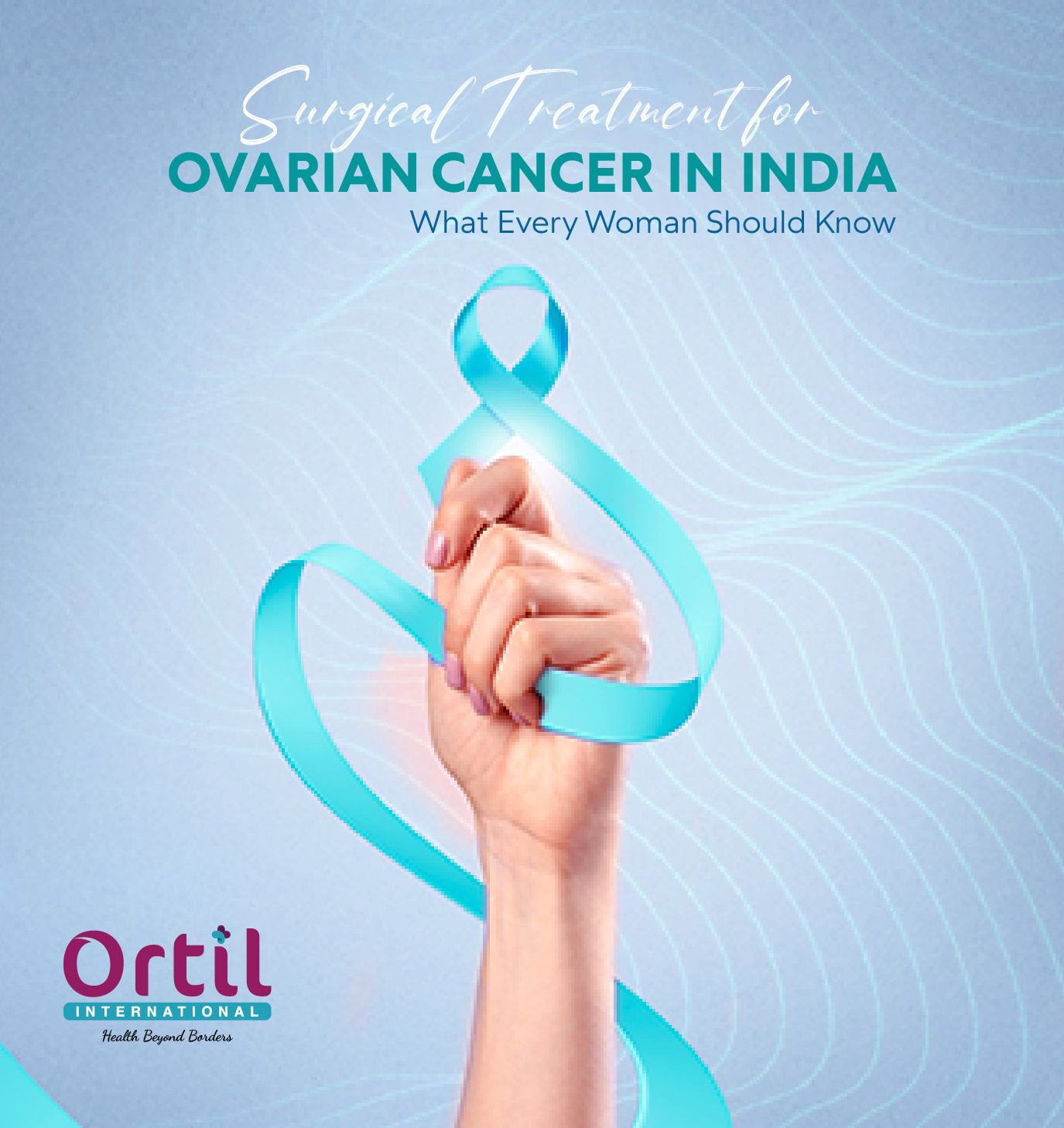CAR T-Cell Therapy in India: Latest Breakthrough in Cancer Treatment
CAR T-Cell therapy is one of the most advanced forms of cancer treatment available today that utilizes the patient's own immunological cells to fight cancer. India is rapidly emerging as a centre for car cell therapy, offering care at affordable rates. This guide explores everything patients need to know about this therapy, from the process and cost at major hospitals and post-treatment care.
Introduction
Car T cell therapy represents an advance in cancer treatment, especially for blood cancer such as leukaemia and lymphoma. It is a highly personalized treatment and, although relatively new in India, the main hospitals now offer this therapy using international protocols and FDA -approved procedures.
Understanding of CAR T-Cell Therapy
This therapy is a form of immunotherapy, where a patient's T cells are modified in a laboratory to recognize and attack cancer cells. It is mainly used for cancers that have not responded to conventional treatments such as chemotherapy or radiation.
What is CAR T-Cell Therapy
Car T cell therapy (Chimeric Antigen Receptor) involves collecting the patient's white blood cells, reprogramming in a laboratory to reach cancer and then infusing them back to the body to kill cancer cells more effectively.
Types of CAR T-Cell Therapy
Therapy varies according to cancer and target antigen. Common types include:
-
Anti-CD19: Used to treat B-cell leukaemia and lymphoma by targeting CD19 proteins on cancer cells.
-
BCMA :Para Multiple myeloma
-
Anti-CD22 : Used for B-cell malignancies
Who Needs CAR T-Cell Therapy
This treatment is generally considered to:
-
Patients with recurrent or refractory blood cancer
-
Individuals who did not respond to chemotherapy, radiation or cell transplantation
-
Kids and adults with acute lymphoblastic leukaemia or big B -cell lymphoma
Pre-Procedure (Preparation Phase)
Before treatment, patients pass:
-
Blood tests and diagnostic image
-
Bone marrow biopsy (for some conditions)
-
Lymph depletion chemotherapy to prepare the body
-
T cell collection
-
T -cell laboratory modification (can take 2 to 4 weeks)
Post-Procedure (Recovery and Follow-Up Phase)
After t cells are infused:
-
Hospital monitoring for at least 1 to 2 weeks
-
Note for side effects such as cytokine release syndrome (CRS) or neurological symptoms
-
Routine blood tests and scanning to monitor cancer response
-
Long -term accompaniment visits for up to 6 to 12 months
Why Choose India for CAR T-Cell Therapy
-
T cell laboratories and protocols compatible with FDA
-
Trained oncologists and haematologists experienced in cellular therapies
-
Advanced ICU and Haematology Support
-
Accessible treatment options
-
Shorter waiting times
-
Support for international patients
Top Hospitals in India
Cost of CAR T-Cell Therapy in India
-
B-cell Leukaemia/Lymphoma :$35,000 – $45,000
-
Multiple Myeloma :$40,000 – $50,000
Cost Components
-
Pre-treatment evaluation: $1,500 – $3,000
-
T-cell collection and lab processing: $20,000 – $25,000
-
Infusion and hospitalization: $5,000 – $8,000
-
Follow-up and medications: $3,000 – $5,000
Total Estimated Cost
The complete treatment may cost between $35,000 to $50,000 USD, depending on cancer type, hospital, and required care.
Cost Comparison
|
Country
|
Average Cost (USD)
|
|
India
|
$35,000 – $50,000
|
|
USA
|
$450,000 – $700,000
|
|
UK
|
$400,000 – $600,000
|
|
Singapore
|
$250,000 – $400,000
|
|
UAE
|
$200,000 – $300,000
|
Factors Influencing Success
-
Cancer type and stage
-
Age and general health
-
Response to lymph depleting chemo
-
Quality of lab-manufactured T-cells
-
Hospital's experience with immunotherapy
Challenges and Solutions
Challenges:
India's Solutions:
-
Affordable pricing
-
Emergency ICU care for side effects
-
Trained staff for cell processing and handling
-
Increasing access across major cities
How We Help
-
Connecting with certified CAR T-cell therapy hospitals
-
Getting second opinions and cost estimates
-
Managing travel, accommodation, and medical visas
-
Ensuring post-discharge support and report sharing
Legal and Ethical Considerations
All procedures in India follow strict ethical guidelines. Informed consent is obtained before therapy, and treatment is done under hospital protocols regulated by the Indian Council of Medical Research (ICMR) and Drug Controller General of India (DCGI).
Recovery and Life after Treatment
Most patients begin to see results within a month of infusion. Though side effects may occur, many patients experience remission lasting several months to years.
Conclusion
CAR T-Cell Therapy in India is a promising solution for patients with difficult-to-treat cancers. With its advanced healthcare system, skilled specialists, and competitive costs, India is becoming a global centre for this life-saving therapy.
FAQs
Q1: Is CAR T-Cell Therapy available for solid tumours?
Currently, it is mainly used for blood cancers. Trials for solid tumours are underway.
Q2: Is CAR T-Cell Therapy safe?
Yes, but it comes with potential side effects. Indian hospitals are equipped to manage them effectively.
Q3: Are the labs in India internationally approved?
Yes, many labs meet FDA and ICMR standards and use advanced manufacturing protocols.
Q4: Can I travel back home after treatment?
Yes, with your doctor’s clearance and a follow-up plan, you can return home after recovery.















